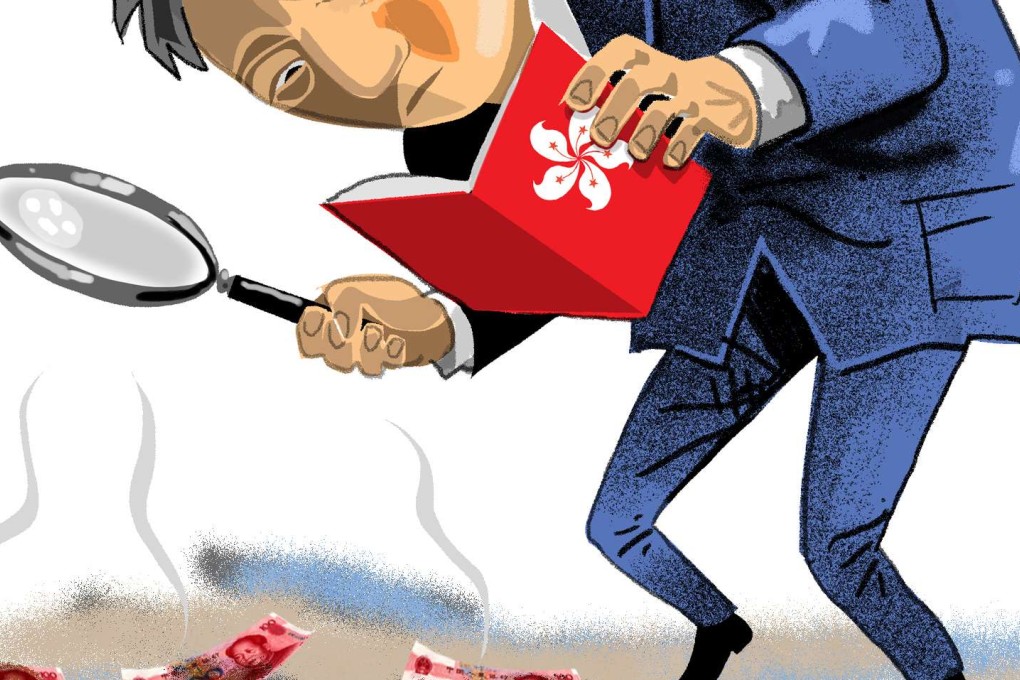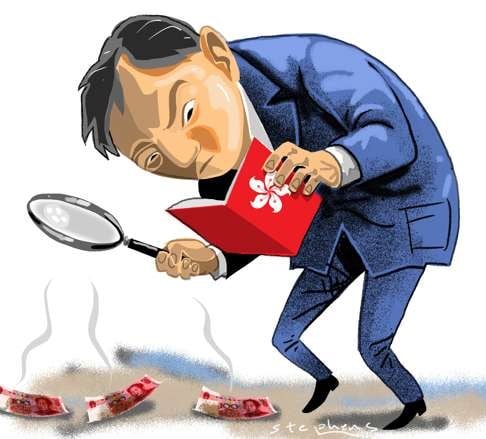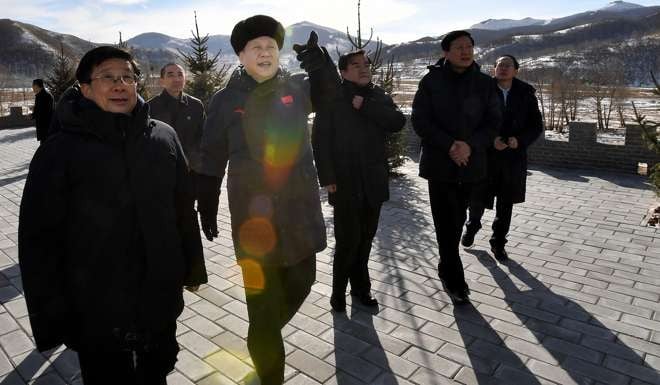Can China be the next anti-corruption success story, after Hong Kong and Singapore?
Tony Kwok says Beijing’s plan to set up a super agency to combat the scourge is a big step in the right direction, and shows it is adopting best practices from elsewhere


So, what does such a model entail and how does mainland China, which is now trying hard to combat corruption, fit in with this model?
Why reform of China’s anti-corruption agency is falling short
As early as the 1980s, China tried to learn from the Hong Kong experience. At that time, the chief prosecutor of the People’s Procuratorate of Guangdong paid a visit to the Independent Commission Against Corruption, the first official delegation from the mainland. He was very impressed with the ICAC. Upon his return to Guangzhou, he set up the first anti-corruption bureau within the prosecutors’ office. Since then, many provincial prosecutors have followed suit, which eventually led to the establishment of an anti-corruption bureau in the Supreme People’s Procuratorate, which became the de facto national anti-corruption unit.
This bureau, together with the Communist Party’s Central Commission for Discipline Inspection, adopted Hong Kong’s three-pronged anti-corruption strategy – enforcement, prevention and education. However, it would appear that the emphasis was on prevention and education, rather than enforcement. There appears to have been a lack of strong and effective enforcement and determination to punish the corrupt. Over the years, corruption became a low-risk crime. It flourished and became organised, posing a serious threat to governance.

Why Xi Jinping’s bid to put ‘power in a cage’ must go to the very top
This has been partly rectified since the 18th party congress in 2012 when Xi Jinping (習近平) took the helm. Since then, the president and Wang Qishan (王岐山), secretary of the discipline inspection commission, have stepped up efforts to bring the corrupt to justice. In the past four years, hundreds of officials, including many at ministerial level, have been prosecuted and convicted, sending a clear message that corruption will not be tolerated.
